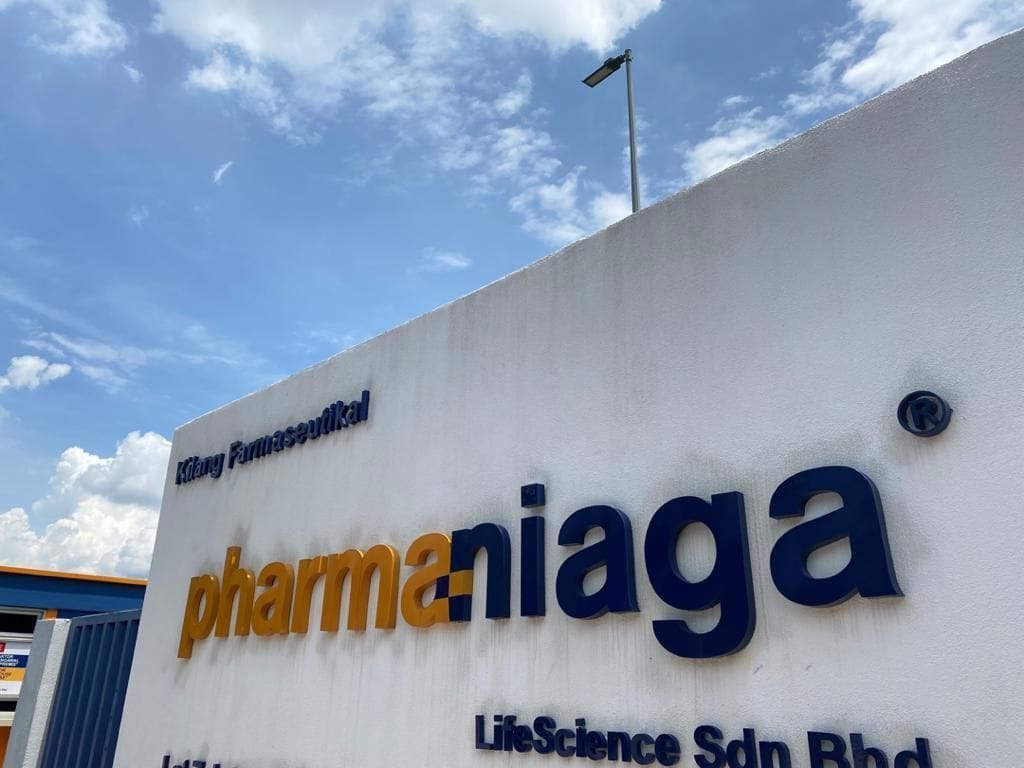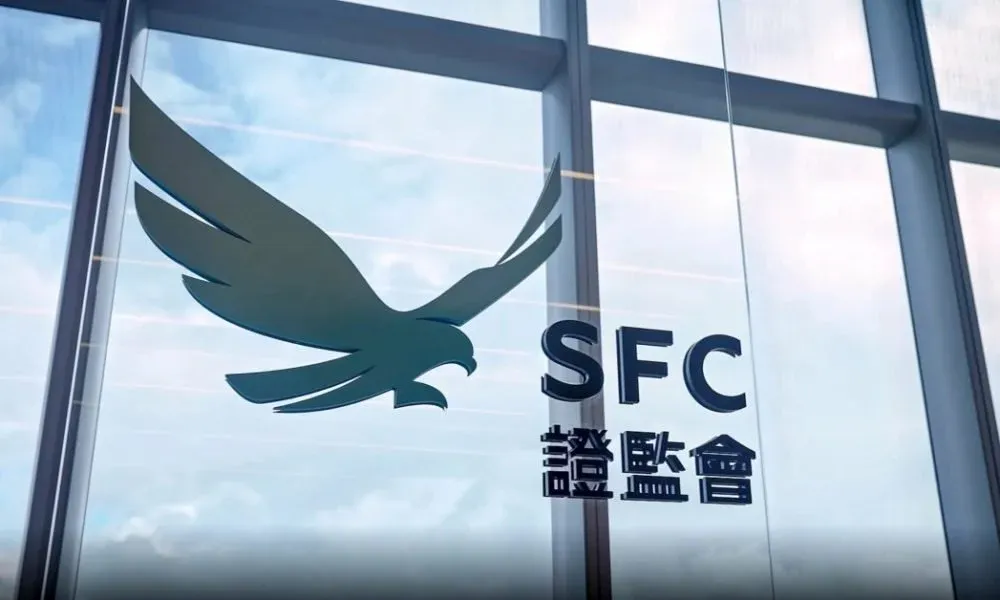Pharmaniaga: A Deep Dive into Malaysia’s Pharmaceutical Giant's Struggles
However, recent financial disclosures indicate a downturn in Pharmaniaga’s financial health, with a net deficit of $126 million in 2022, despite generating revenue of $730 million.

Pharmaniaga, a key player in Malaysia’s pharmaceutical sector since 1994, is presently confronting significant financial hurdles. Although not directly state-owned, Pharmaniaga’s indirect government stake through Boustead Holdings, a diversified conglomerate associated with a military pension fund, has been a distinctive feature of its corporate identity.

However, recent financial disclosures indicate a downturn in Pharmaniaga’s financial health, with a net deficit of $126 million in 2022, despite generating revenue of $730 million. This concerning scenario has led to liabilities exceeding assets, pushing the company’s equity into the red and leading the board of directors to express “significant doubt over the ability of the Group and the Company to continue as going concerns.”
Pharmaniaga’s financial predicament
The main trigger for Pharmaniaga’s financial predicament can be linked to the pandemic. In response to the extraordinary demand for COVID-19 vaccines, the company procured and stockpiled an excess, resulting in a significant write-down of around $115 million. This overestimation of demand, compounded by unforeseen circumstances, had a substantial impact on the company’s financial performance.
Despite these obstacles, Pharmaniaga is proactively implementing measures to address its financial issues. As part of its revitalization strategy for 2023, Pharmaniaga has initiated several measures. These include bolstering engagement in the public sector, amplifying biopharmaceutical endeavors, streamlining costs, broadening its reach into private markets, and overhauling operations in Indonesia.
A key component of Pharmaniaga’s recovery plan is the finalization of a vaccine development grant acquisition from the Ministry of Science, Technology, and Innovation (MOSTI).
This grant not only represents government backing but also places Pharmaniaga at the cutting edge of healthcare innovation, particularly in the vital area of vaccine development.

The company has disbanded its executive committee and has appointed Zulkifli Jafar as executive director to get out of PN17.
Zulkifli will take over the role and functions of the executive committee in running Pharmaniaga’s operations. He has been Pharmaniaga’s deputy chief executive officer since February 2023.
Daunting challenges
Pharmaniaga’s financial difficulties highlight the daunting challenges faced by pharmaceutical companies, especially during global health crises. However, with strategic initiatives and government backing in place, Pharmaniaga is well-positioned to navigate these challenges and ultimately emerge stronger in the long term.
The COVID-19 pandemic has had a diverse impact on pharmaceutical companies in Malaysia, with effects varying across the industry. On the positive side, companies like Duopharma Biotech and Kotra Industries have benefited from increased demand for pharmaceuticals, driven by public and private-sector procurement of medications and treatments. As the supply chain stabilizes in the post-COVID economy, these companies are seeing enhancements in their profit margins.
On the flip side, the pandemic has disrupted operations and the supply chain ecosystem, creating challenges for the manufacturing sector. Some companies are finding it difficult to sustain their operations amidst these disruptions. However, the overall outlook for the healthcare sector in Malaysia remains optimistic.
The recovery of the healthcare sector is expected to accelerate over the medium term, particularly with the easing of COVID-19 restrictions. Hospital service providers are noting an increase in the number of patients, especially with the reopening of international borders, including tourists seeking medical services.
Growth
Furthermore, the Malaysian Government is actively concentrating on revitalizing the healthcare system under the 12th Malaysia Plan. This involves supporting growth along the pharmaceutical value chain by promoting the production of high-value-added and complex products. Additionally, efforts to stimulate domestic investment in the pharmaceutical industry through the commercialization of research and development (R&D) projects are in progress.
In summary, while the pandemic has posed significant challenges for pharmaceutical companies in Malaysia, the sector is displaying resilience and signs of recovery. Government initiatives, coupled with the easing of COVID-19 restrictions, are instrumental in fostering growth and stability within the healthcare industry.


